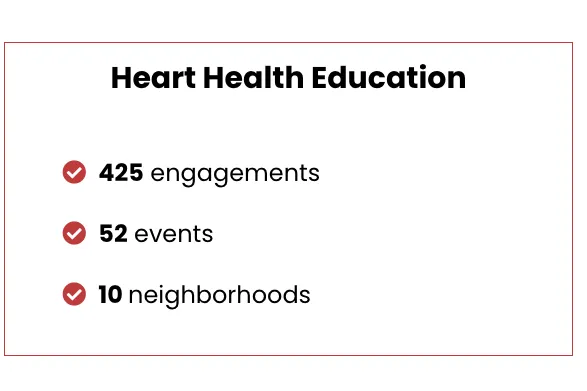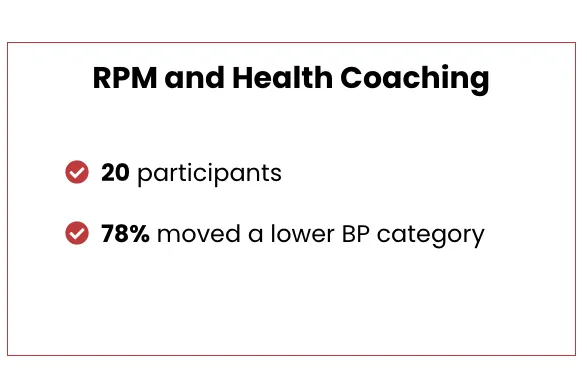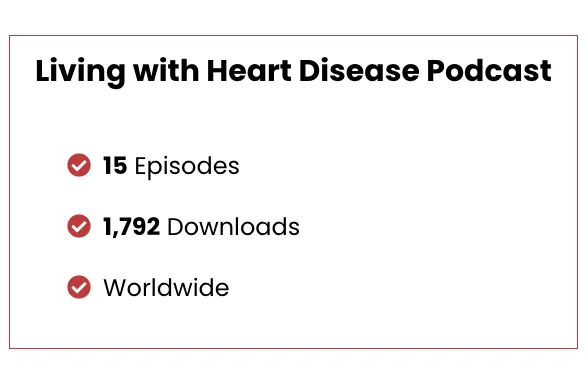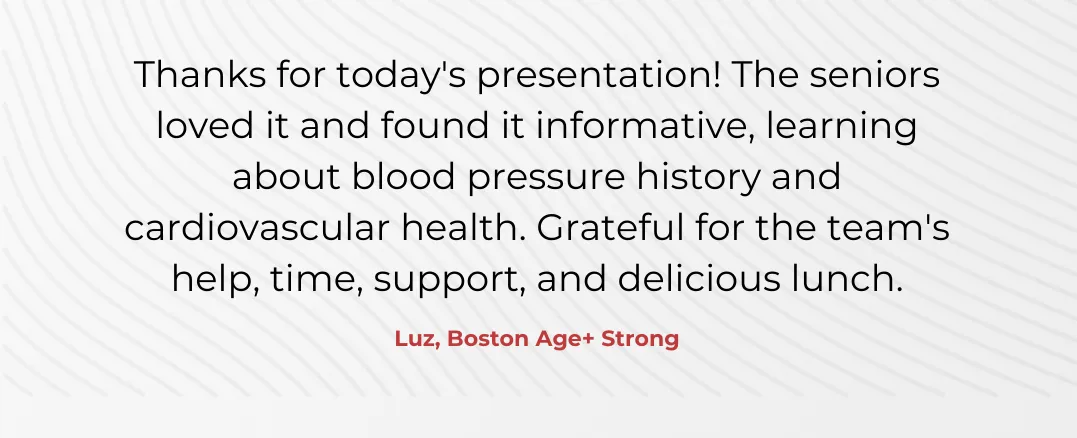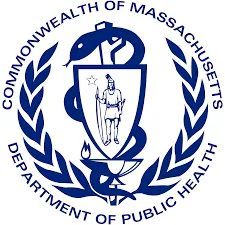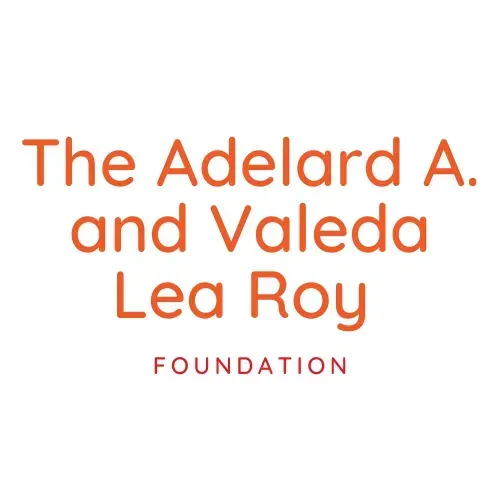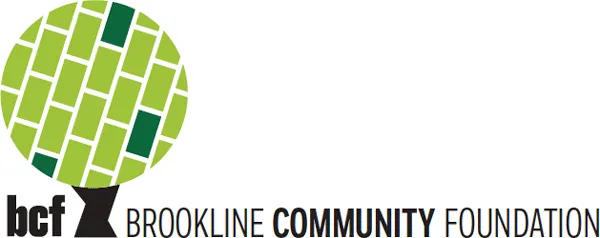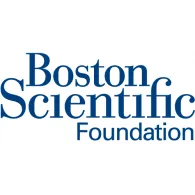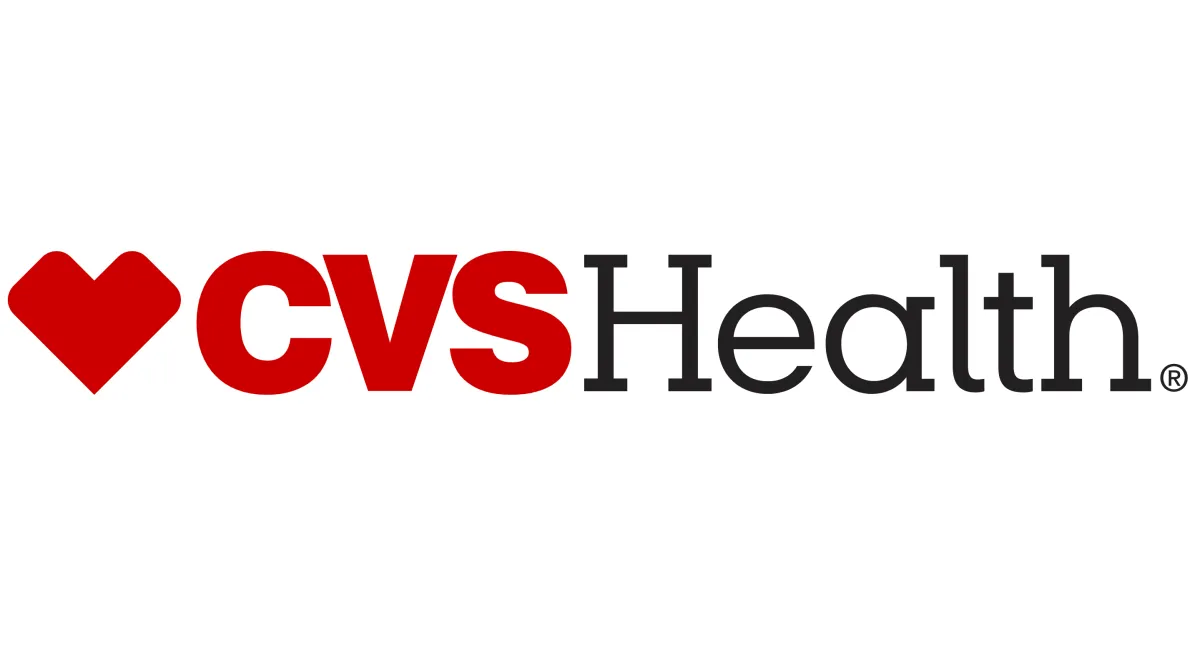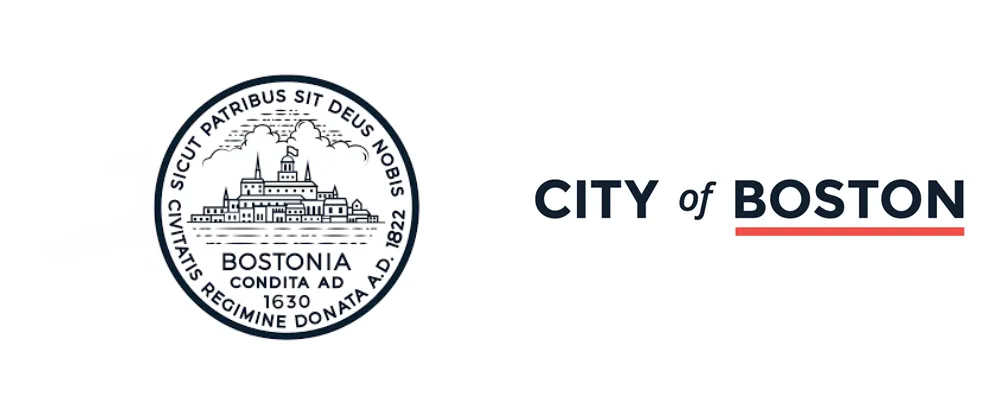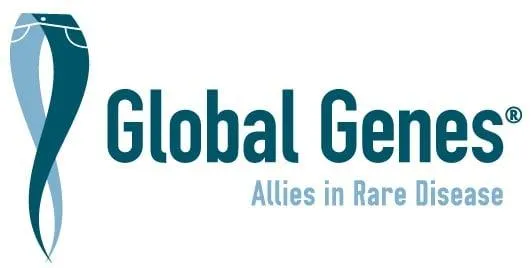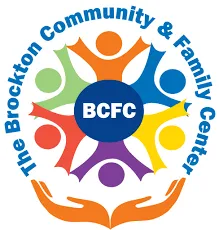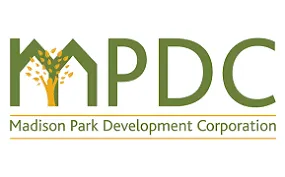Heart of a Giant Foundation
Improve Early Detection, Diagnosis, and Support of Cardiac Risk Factors in High-Risk Populations. By Donating Today!

HGF
About Heart of a Giant Foundation
Heart of a Giant Foundation (HGF) is a Boston-based nonprofit organization dedicated to improving the early detection, diagnosis, and support of cardiac risk factors in high-risk populations.
HGF was founded by Somaneh “Bouba” Diemé. Bouba has been dealing with congestive heart failure, a condition related to his congenital heart disease, for 10 years. Recently, he underwent a heart transplant and made a strong recovery.
OUR PROGRAMS
Donate Today or Get Involved
Our work applies proven and innovative approaches to promote healthy living, prevent chronic diseases, and improve health outcomes. All applicable program elements are HIPAA compliant. Our programs support the full spectrum of patient care, from awareness-raising, education to care support.
Get Involved
We strive to be the premier partner for the early detection, diagnosis, and support of cardiac risk factors in high-risk populations.
Our 2023 Numbers
How You Can Help
Help save lives and make an impact by raising funds for HGF. Host events, start campaigns or get creative to raise awareness and support. Make a difference today!
Volunteer for a great cause and make a difference. Your time and resources matter. Get involved and create an impact.
Please consider donating to Heart of a Giant Foundation to make a direct impact. Visit the website for details.
Advocate for heart donation. Spread awareness through social media, letters, and advocacy. Save lives.
News and Insights
Disclaimer:
The information shared on this page is not intended to replace professional medical advice. Always consult with a healthcare provider for any medical issues.

10 WAYS YOUR DIET CAN HELP YOU MAINTAIN GOOD HEART HEALTH
When it comes to maintaining a healthy heart, diet plays a crucial role. What we eat directly impacts our cardiovascular health, and making smart food choices is essential for anyone looking to improve or maintain their heart health. By understanding the link between diet and heart health, we can make informed decisions about food intake and how to adopt a heart-healthy lifestyle.
1. Emphasize Balance
A balanced diet is the foundation of good heart health. Opt for a variety of nutrient-dense foods, including fruits, vegetables, whole grains, lean proteins, and healthy fats. These foods provide essential vitamins, minerals, fiber, and antioxidants that support cardiovascular health.
2. Choose Heart-Healthy Fats
Replace saturated and trans fats with healthier fats, such as monounsaturated and polyunsaturated fats. Include sources like avocados, nuts, seeds, fatty fish (salmon, mackerel), and olive oil. These fats can help lower bad cholesterol levels (LDL) and reduce the risk of heart disease.


Photo by Foodie Factor
3. Limit Sodium Intake
Excessive sodium consumption can contribute to high blood pressure, which, as we know, is a major risk factor for heart disease. Read food labels and opt for lower-sodium options. Use herbs, spices, and other flavorings to enhance the taste of meals instead of relying on salt.
4. Reduce Added Sugars
High intake of added sugars has been linked to obesity, diabetes, and heart disease. Minimize consumption of sugary beverages, processed snacks, and desserts. Instead, choose naturally sweet and delicious options like fresh fruits.
5. Increase Fiber-Rich Foods
Fiber helps reduce cholesterol levels and maintain a healthy weight. Include whole grains, legumes, fruits, and vegetables in your daily meals to boost fiber intake. These foods can provide a sense of fullness and support overall heart health.
6. Control Portion Sizes
Speaking of fullness, be mindful of portion sizes to avoid overeating. Eating larger portions can lead to weight gain and increase the risk of heart disease. Use smaller plates, practice mindful eating, and listen to your body’s hunger and fullness cues.


Photo by Ella Olsson
7. Limit Processed and Fast Foods
Processed and fast foods tend to be high in unhealthy fats, sodium and added sugars. These can contribute to weight gain, high blood pressure, and other cardiovascular issues. Minimize consumption and choose homemade meals using fresh, whole ingredients whenever possible.
8. Stay Hydrated
Adequate hydration is vital for heart health. Opt for water as your primary beverage choice and limit sugary drinks or excessive caffeine intake. Proper hydration supports overall cardiovascular function and helps maintain optimal blood pressure levels.
9. Moderate Your Alcohol Consumption
If you choose to drink alcohol, do so in moderation. Excessive alcohol consumption can raise blood pressure and contribute to heart disease. Stick to recommended limits: no more than one drink per day for women and up to two drinks daily for men.


Photo by Jane Doan
10. Consult with a Healthcare Professional
Consider consulting with a registered dietitian or healthcare professional for personalized dietary advice and guidance. They can assess your individual needs and help tailor a heart-healthy eating plan that suits your preferences, lifestyle, and medical profile.
Remember, maintaining a healthy heart requires a holistic approach that includes regular physical activity, stress management, and avoiding tobacco use. By incorporating these dietary recommendations and making informed choices, you can take positive steps towards feeling great and optimizing your heart health and your overall well-being.
Testimonials
The Heart of a Giant Foundation, Inc. is a 501(c)(3) nonprofit organization, EIN 84-2900386. Donations are tax-deductible.






